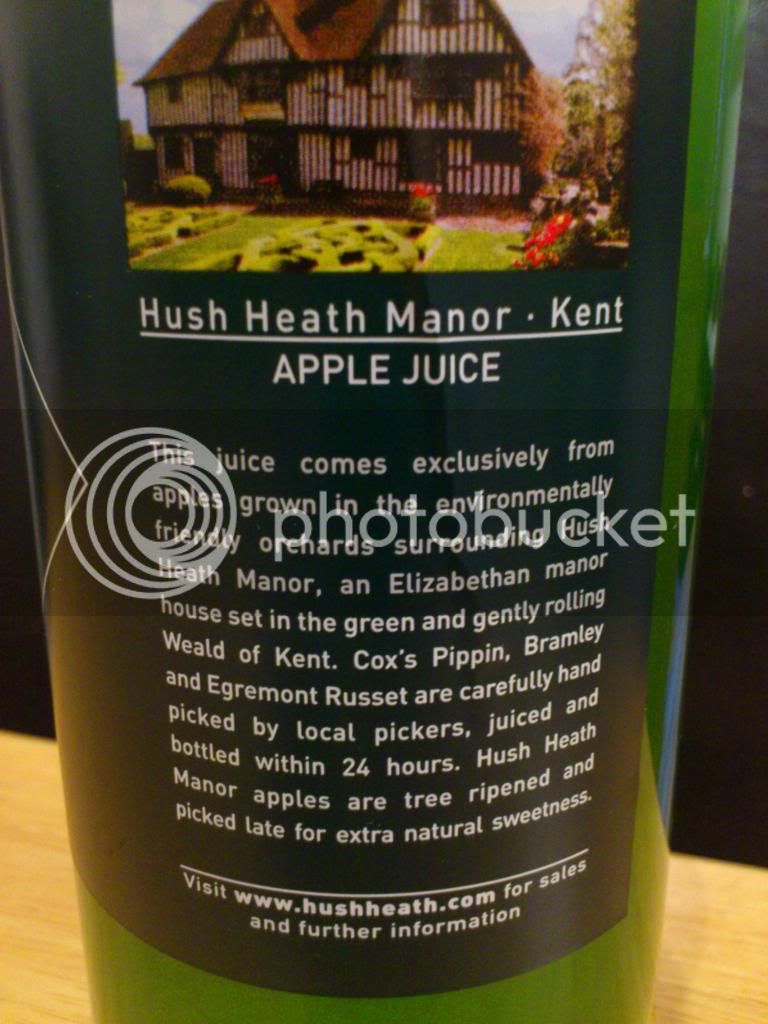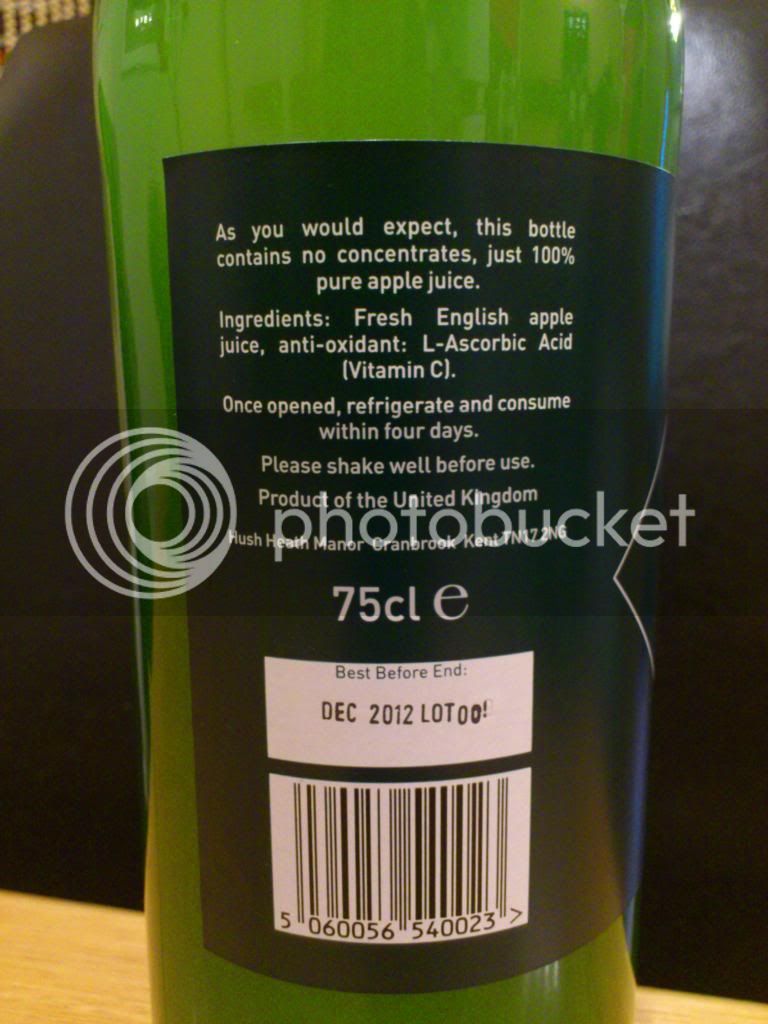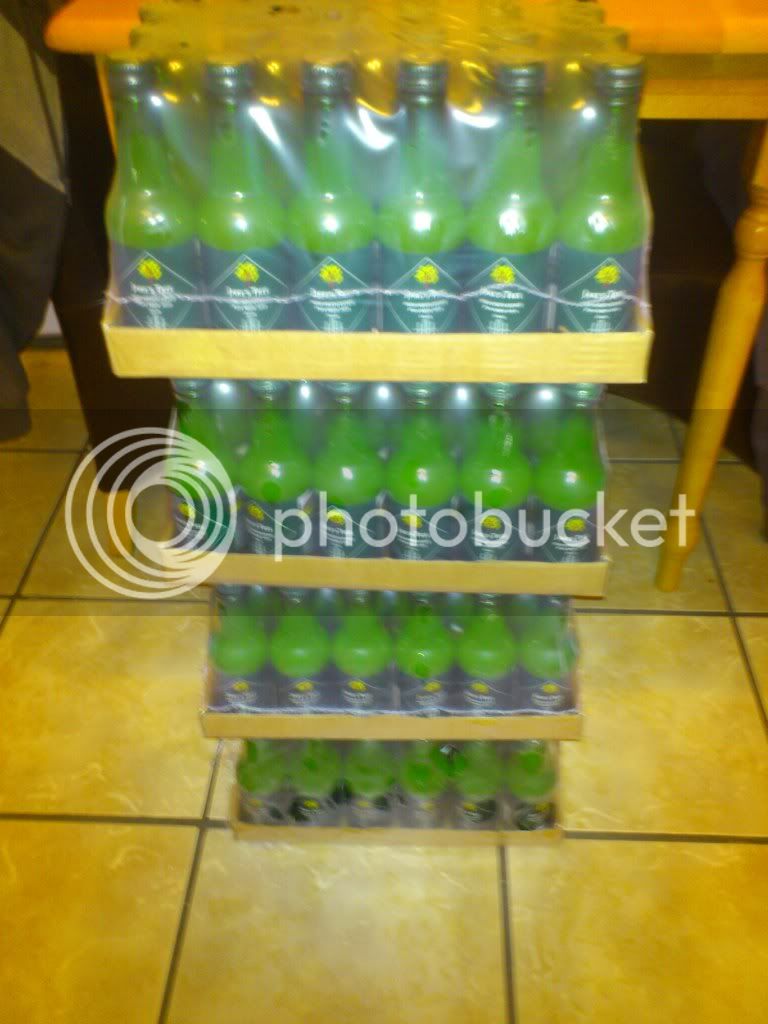w1dow
Well-Known Member
Hi,
After being so busy with work and life ive finally got round to planning to brew a decent cider, but i'm going to need some help if you could?
Managed to source this apple juice:



A guy at work whose sister works at a bottling factory was selling it off cheap because of some cock up at work, so manged to order 36 x 750ml bottles for just 15 quid! bargain!
Now i need a good recipe to put my plan into action
After searching around there are so many recipes so would like to hear from people what would get the best taste.
I don't like sweet cider nor to dry so medium dry would be ideal.
Also would like it quite strong so around 7% mark will i need to add extra sugar to achieve this or will there be enough natrual sugars in the juice to begin with?
So first thing first which yeast to use? i read champagne yeast works well?
Do i pasteurize? or not? although i'd rather not (less hassle)
As above with i need to add extra sugar?
Sorry about all the questions just i would like to get it right and get a great tasting cider.
thanks
After being so busy with work and life ive finally got round to planning to brew a decent cider, but i'm going to need some help if you could?
Managed to source this apple juice:



A guy at work whose sister works at a bottling factory was selling it off cheap because of some cock up at work, so manged to order 36 x 750ml bottles for just 15 quid! bargain!
Now i need a good recipe to put my plan into action
After searching around there are so many recipes so would like to hear from people what would get the best taste.
I don't like sweet cider nor to dry so medium dry would be ideal.
Also would like it quite strong so around 7% mark will i need to add extra sugar to achieve this or will there be enough natrual sugars in the juice to begin with?
So first thing first which yeast to use? i read champagne yeast works well?
Do i pasteurize? or not? although i'd rather not (less hassle)
As above with i need to add extra sugar?
Sorry about all the questions just i would like to get it right and get a great tasting cider.
thanks


